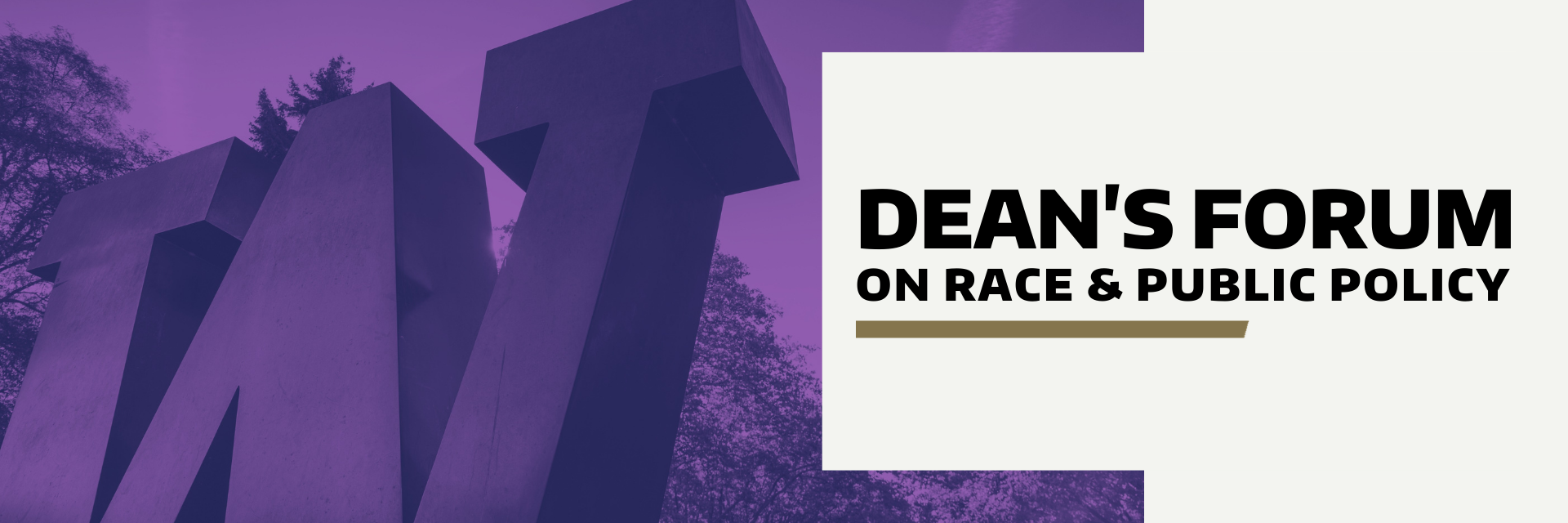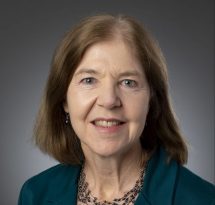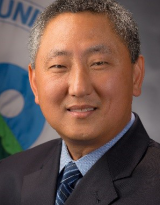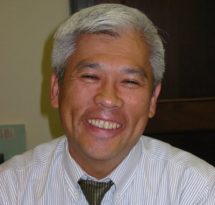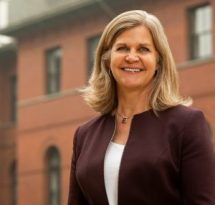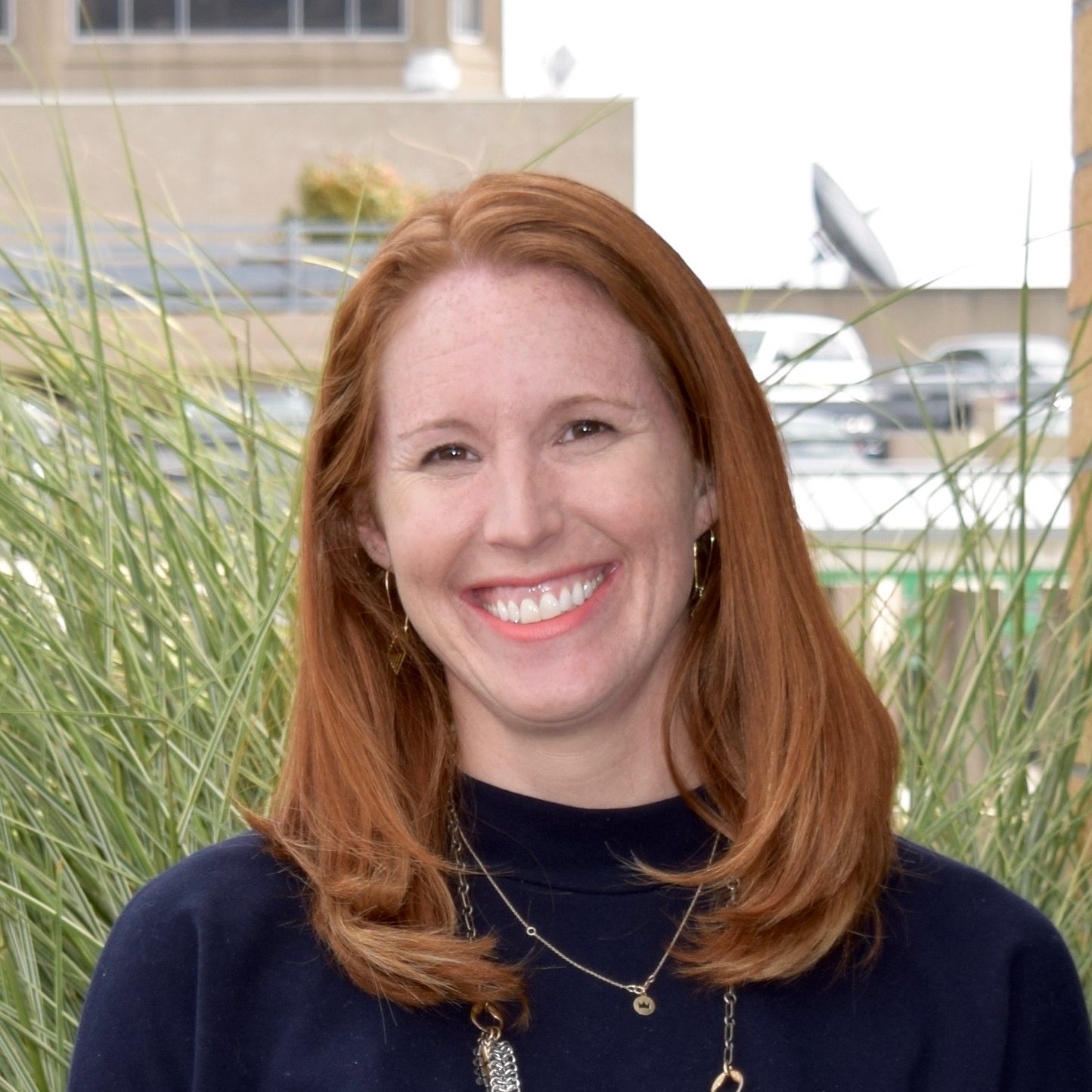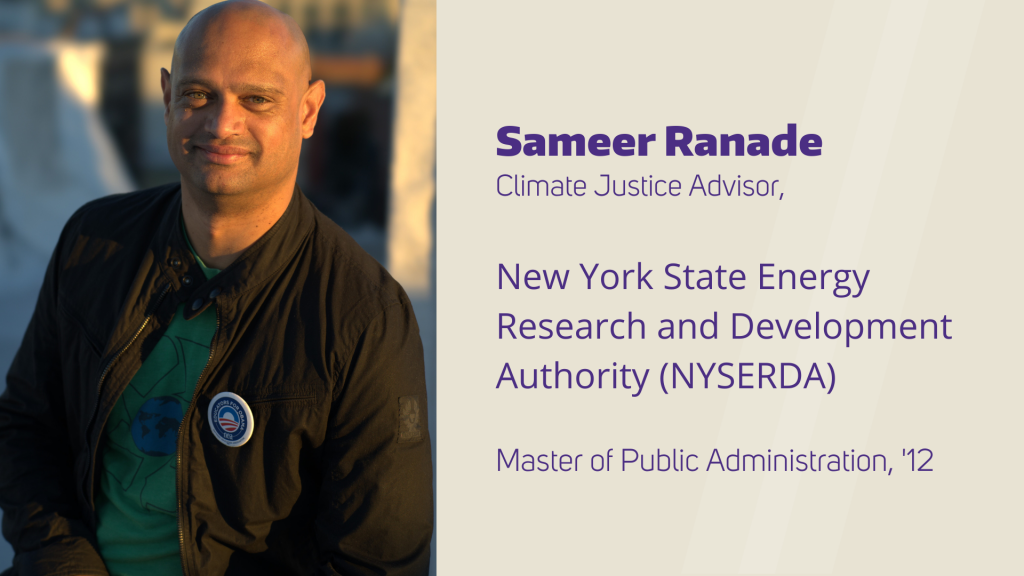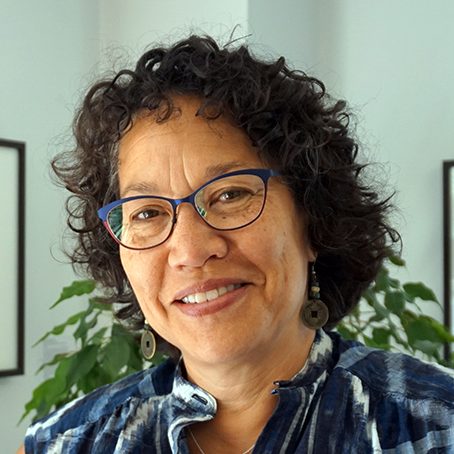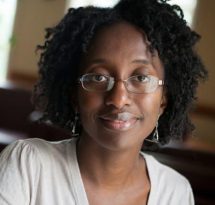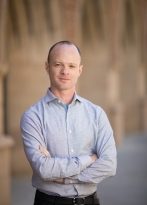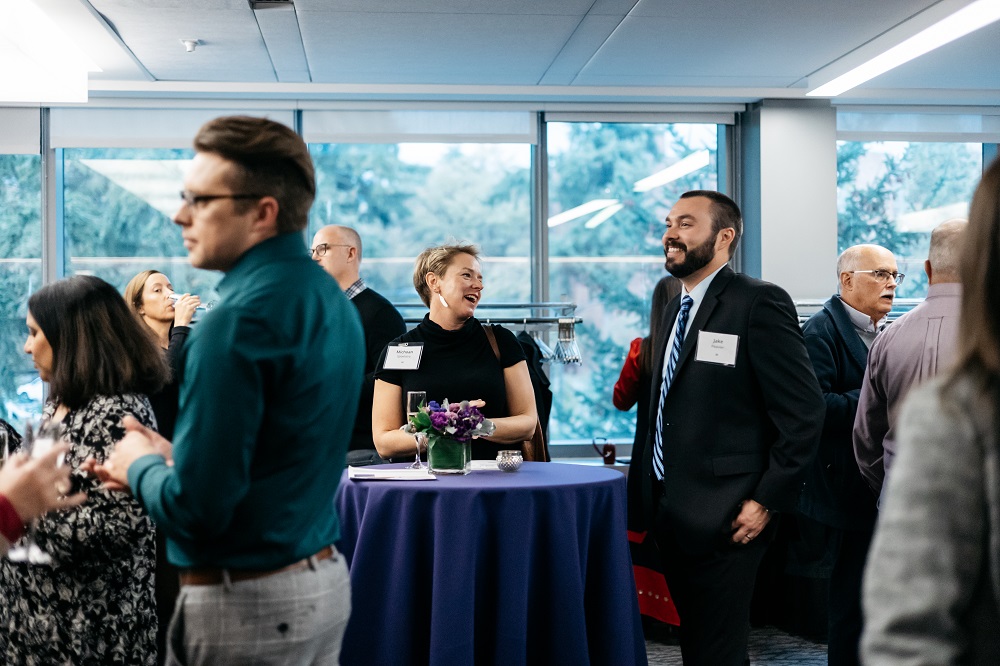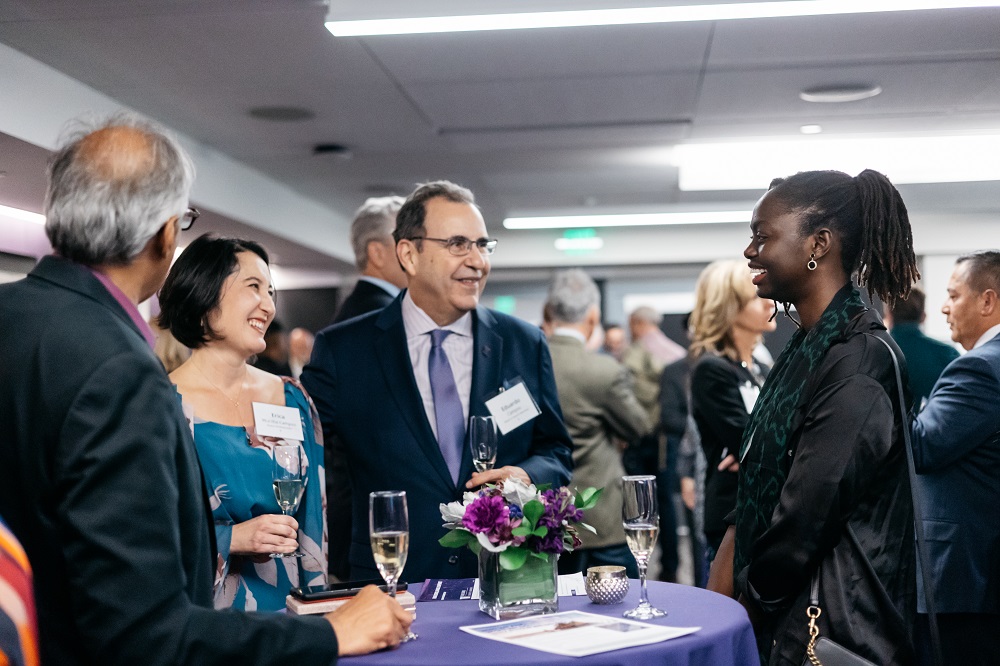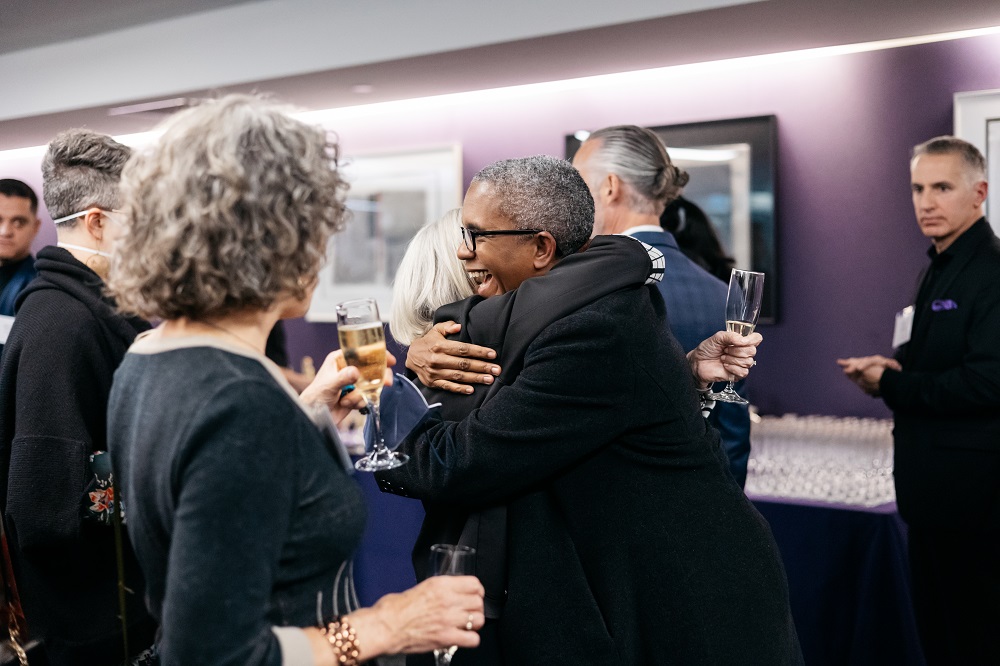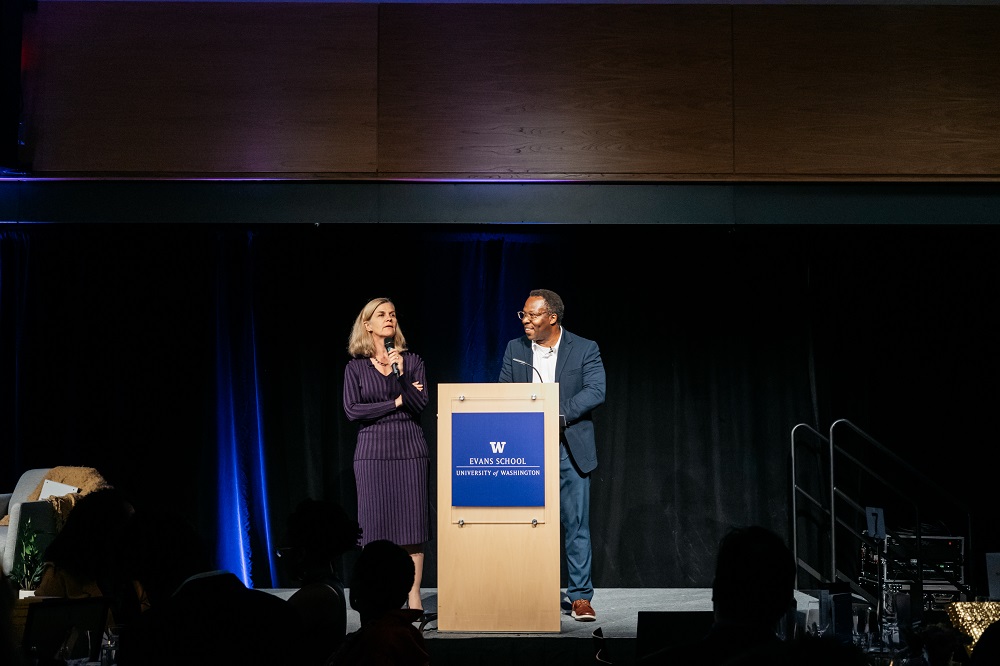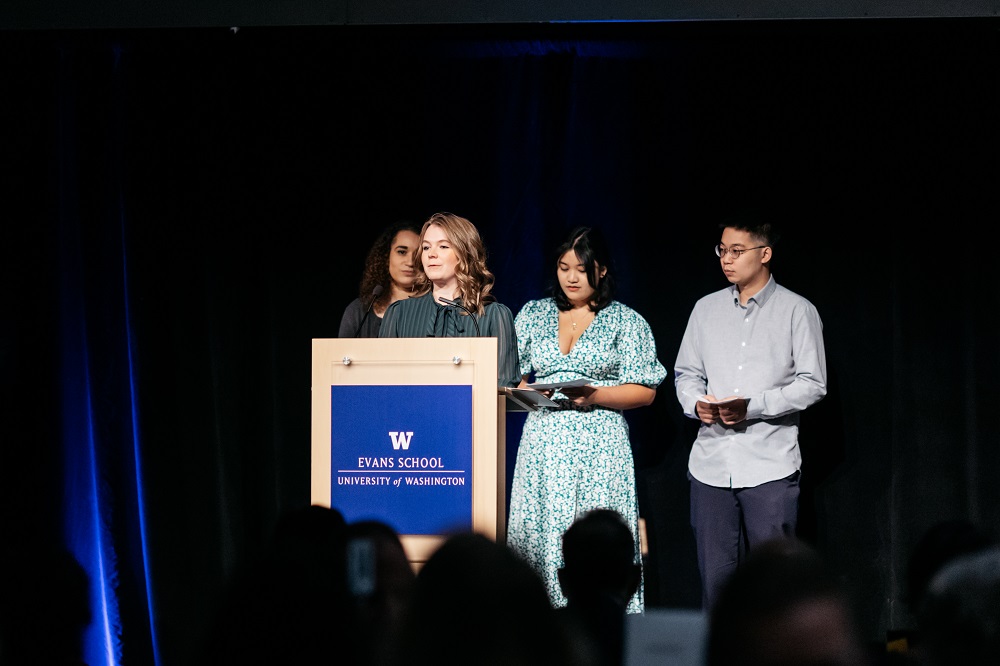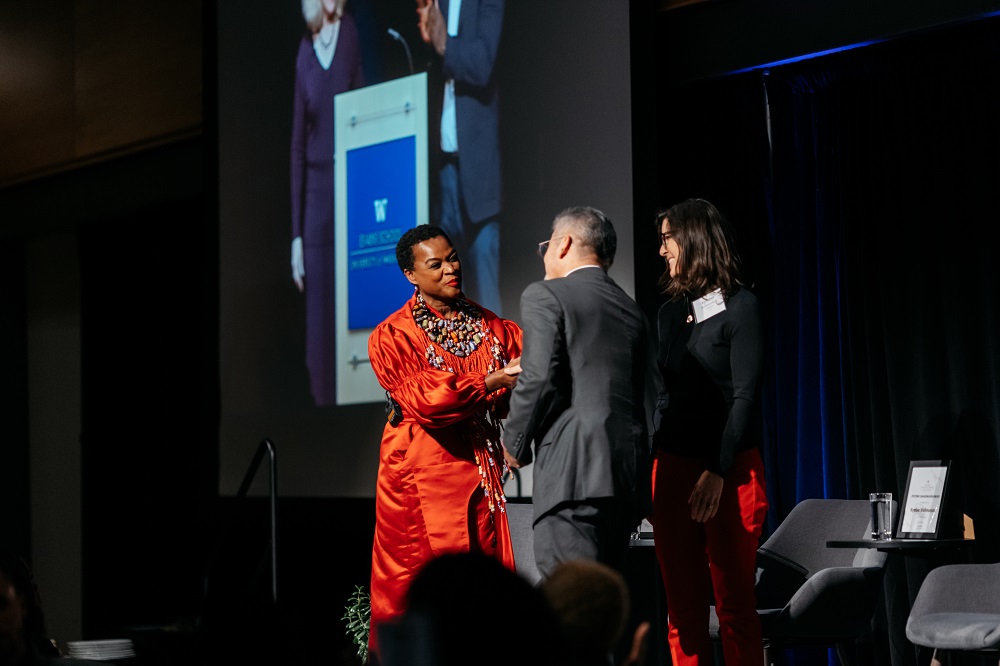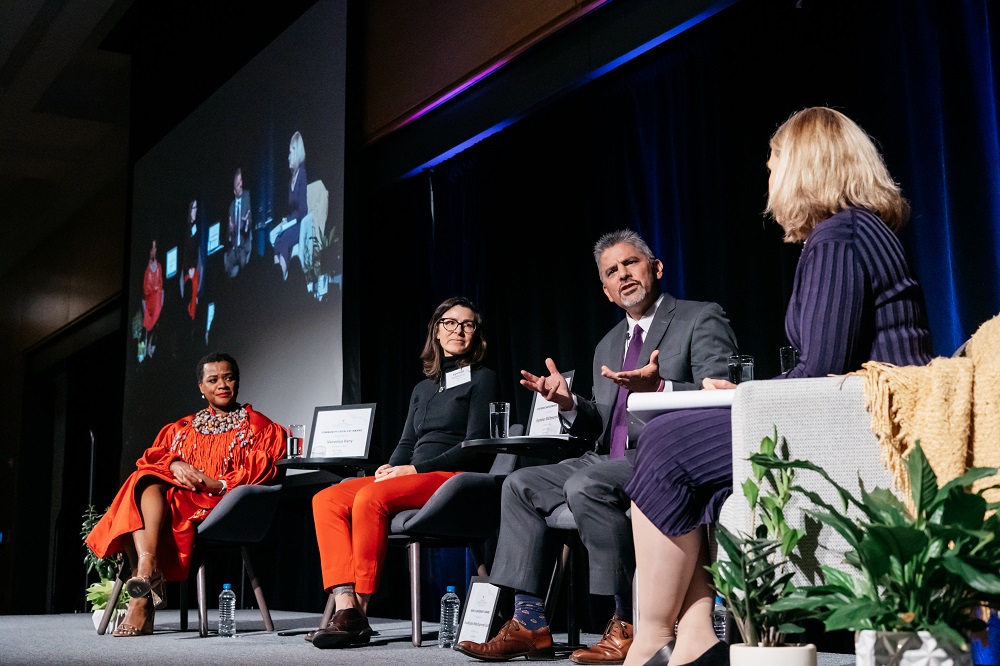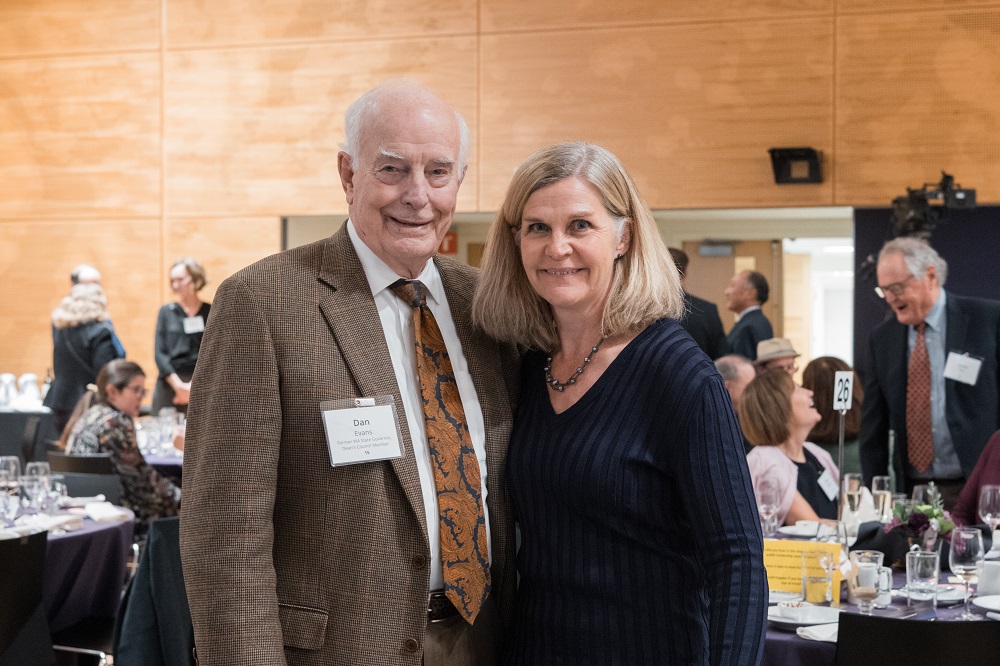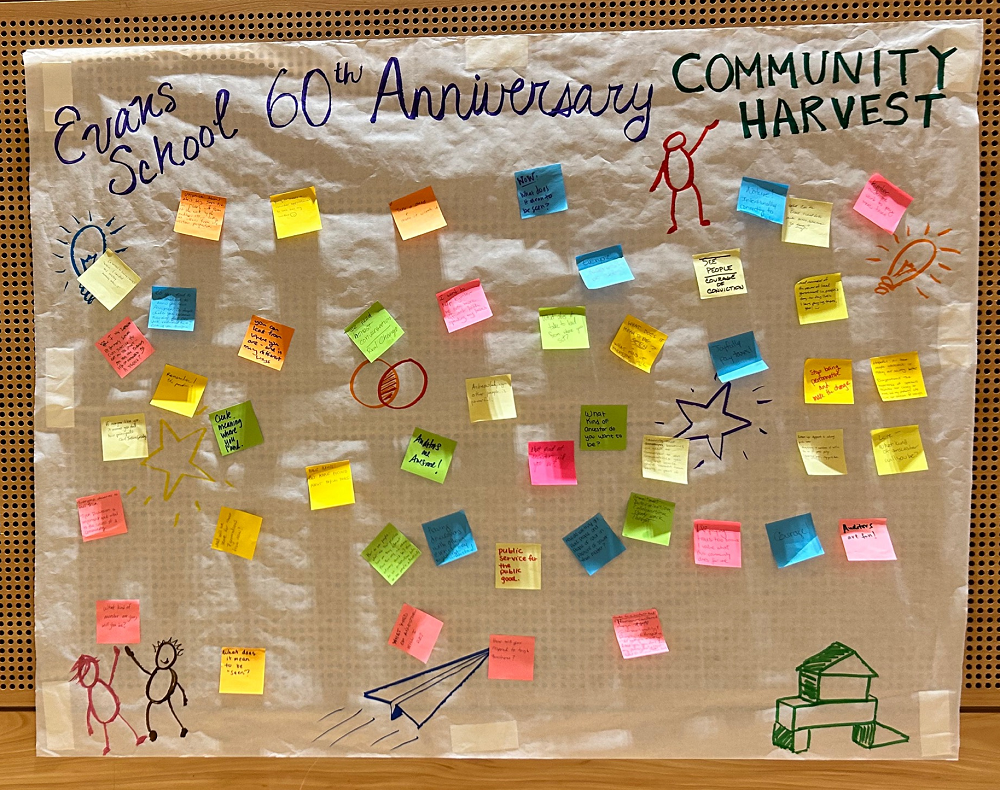Evans School: Your dissertation project centers on the racialization of homelessness in America. Explain why this is such an important lens through which to view housing precarity today.
Matt: About 1 in 5 Black households will be unhoused in their lifetime, yet we treat homelessness as if it were a rare experience for most Americans and seldom study the causes of racial disparities in homelessness. In a recently published article from my dissertation, I document the extensive history of homelessness among Black, Latinx, and Native American communities. I find that mass displacement has been publicly sanctioned in the US for centuries to segregate, exclude, and impoverish people of color. The persistence of racialized homelessness requires greater attention to the racist institutions and policies that reproduce homelessness rather than the individual conditions faced by people experiencing homelessness. For example, our primary approach to homelessness focuses on individual-level treatments that assume the causes of homelessness are a set of pathologies (e.g., drug addiction or mental illness). Instead, we must focus on structural interventions that situate homelessness in a broader system of racialized socioeconomic inequality, account for historic harms, and address longstanding systems that perpetuate racial stratification.
Evans School: Eviction moratoria were put in place during the COVID-19 pandemic to protect vulnerable households from losing their homes. You explored the impact of Washington’s eviction moratoria – what did you find?
Matt: Our study of the experiences of low-income renters in Washington state found that landlords who were unable to use the housing courts to formally evict a tenant due to the moratorium turned to informal, and often illegal, evictions to remove tenants. These informal evictions sometimes involved landlords shutting off utilities, changing locks to front doors, and removing tenant possessions without permission. During our interviews with low-income tenants, one family’s apartment had a leaking roof that led to black mold spreading throughout her children’s bedroom. Their landlord refused to fix the roof because they owed rent. Using survey and administrative data, we estimated that the prevalence of forced mobility among low-income tenants nearly doubled from 6.5% in the year before the pandemic to 11.0% in the first year of the pandemic. Despite lower chances of formal eviction during the pandemic, low-income tenants faced a 179% increase in the odds of experiencing an informal eviction tactic compared to the year prior to the start of the pandemic.
Evans School: One of the major contributions of your dissertation project is to draw attention to rising homeless deaths. In fact, you created a website — homelessdeathscount.org — that reports local homeless mortality figures from places around the country. How did this incredibly important part of your project emerge?
Matt: During my first year at UW, I witnessed an unhoused person die on a sidewalk. I felt compelled to help in some way. I found that we have no idea how many people experiencing homelessness die each year across the country. There is no nationwide database that helps us quantify the extent of this problem. In fact, even when these databases exist in major cities, the information is rarely made public. My dissertation and public scholarship shine a light on this hidden problem. I founded Homeless Deaths Count, an organization to collect and publicize data on deaths among unhoused people. As a public policy student, I have learned that it is often through public pressure that things change.
I incorporated the project as part of my dissertation because I wanted to better document trends in homeless mortality over time and understand why homeless deaths were increasing, even when the homeless population was shrinking in some parts of the country. In my research, I find that homeless people overwhelmingly die of preventable causes like heat stroke, hypothermia, alcohol poisoning, overdose, and heart disease at between on average 49 and 53 years of age. I attribute these deaths to what I call “systemic neglect.” These people have been collectively abandoned by systems that provide housing, healthcare, and social support. I shared some of the preliminary results from this work with the Guardian and Jacobin. In future work, I plan to examine excess homeless deaths during the pandemic and identify successful policy responses that reduce homeless mortality.
Evans School: It is moving to hear how you translated this personal experience into an important tool to improve awareness about homeless deaths. Much of your dissertation work has direct relevance for policy and practice – how do you manage your research program so that it is meaningful to scholars and to policy communities?
Matt: I believe in a future where housing is not a privilege but a right that we all deserve. Through my research and collaborations, I am determined to not only end the human devastation resulting from homelessness but to contribute to efforts that seek to end homelessness itself. In addition to publishing in academic journals, I feel a responsibility to engage the public on topics on which I have expertise and to share research findings with policymakers and practitioners who might be able to affect change. I also believe that academics can facilitate change by using their research skills to support communities making a difference. Generally, I think that if the topic you are studying has relevance to people’s health and well-being, it is (or can be made) meaningful to scholars and policy communities.
Evans School: You are just starting an exciting postdoctoral research position – tell us about it.
Matt: I joined the University of Pennsylvania’s School of Design as a Postdoctoral Fellow at the Housing Initiative at Penn. Much of my work focuses on the Housing Choice Voucher program, formerly known as Section 8. There is an incredible amount of administration required to implement these programs across the country, and considerable burdens are placed on low-income renters to successfully use a housing voucher. One area of research involves examining who drops out of the voucher application process from when a household first applies to when they successfully rent a home with their voucher. We’re also trying to identify why low-income households might not want to apply for a housing voucher. Another area of research that I am excited about is an evaluation of a “Universal Basic Rent” program in Philadelphia. The Philadelphia Housing Development Corporation is distributing rental assistance as cash with no strings attached to households rather than through the traditional housing voucher system. The goal of the program is to understand the impact of cash infusions on household stability and economic well-being.
